Becoming a locum is both exciting and challenging. These top must-haves will help you make the most of this career move.
Every locum experience is different, but some advice applied to them all. We asked our most seasoned locums for their top survival tips...
1. Correct credentials
Credentialing for new doctors can be a challenge, so having your documentation in order means your locum agent and the hospital administrators will be happy and you can get to work immediately. What’s required varies by country, state, region and even hospital - your locum agent should be able to advise you.
At a minimum, you’ll need a current resume, references, medical registration papers, specialist certification, driver’s licence, passport and visas. Make sure your vaccination record card is current too. In Australia, you’ll also need the results of the National Police Check and Working With Children (WWC) check for the states you work in - your locum agent should organise this.
Scan and email the documents to your locum agent, who will need them for employers and to satisfy health authority compliance regulations. Each one needs to be certified, as photocopied signatures aren’t accepted. And store it all securely in the cloud or on a USB.
2. Willingness to learn
Whether your assignment is at somewhere you know or a place you’ve never visited, you’ll want to be productive quickly. That means being adaptable and open to learning new things. Remember - first impressions matter.
If you’re offered an induction, go along, listen and take notes. If you’re not, ask for one. You need someone to give you a guided tour, run through how things are done there and answer your questions. Your induction should include a technology ‘how to’ - unfamiliar systems are every locum’s nightmare. The onus is on you to learn them so you can be efficient and create patient notes that support continuity of care after you’ve gone. Your ability to impress your new hospital will ensure you’re invited back.
3. Two-way feedback
It’s more comforting to work in a facility you know something about, so do some research. Do any friends or colleagues work there? What about fellow locums? Ask for their honest opinions about the culture, standards and practices. Your locum agent may be able to help too.
Of course, you need feedback too. Before you leave, ask for references while your work is still fresh in people’s minds, and send them to your locum agent. Having great references will have a positive impact when hospitals are considering you for your next locum assignment.
4. A supportive network
An experienced locum agent can make a difference - most regular locum doctors have good relationships with their agent. Keep them updated about your availability, access to airports, clinical capabilities, travelling preferences and other expectations. Locum work can be lonely sometimes, and knowing you have someone looking out for you while you’re travelling or on assignment will make a positive difference.
Being a full-time locum can be stressful so get support. Life will be easier if you have a good accountant who understands how locums work and a well-informed locum agent who understands the travel and accommodation options so you don’t spend hours on internet research. You’ll also appreciate having access to fitness facilities - staying healthy can be difficult when you’re travelling.
A social network is important too - no doctor is an island. Try to stay connected with friends when you’re away and schedule catch-ups when you’re back, even if you’re dog-tired. When you’re on assignment, accept social invitations and try to make friends. Most importantly of all, your family needs to be supportive, particularly your partner. Work schedules and time differences can make it hard to find time to call home, but try your hardest and be upbeat when you do, so your partner doesn’t worry. If they can visit or travel with you, that’s even better.
5. A positive attitude
Your attitude towards your colleagues and patients is as important as your competence. It will affect your references and your chances of being invited back, even if you’re a medical superstar. Many competent doctors don’t receive invites to return based on feedback from other staff members. And being pleasant to work with will make the experience more enjoyable for you.
Each facility has its own routines and culture, and it’s up to you to fit in - don’t try to impose your own way of doing things. People don’t want to hear “we don’t do it like this at my hospital”. And be humble enough to seek help if you forget how something is done.
Often, small things can make the most impression - good and bad. You’ll earn extra brownie points for being on time for meetings, joining in with celebrations and handing out your phone number so people can ask questions after you leave.
Treat every assignment like a permanent job, where you’re part of a team that cares and willing to put in extra effort. After all, how would you feel if you were on permanent staff and a locum acted as if they couldn’t wait to be out of there?
About Warwick: Warwick is the Managing Director of Omega Medical. Omega Medical provides locum doctors to all public and private health facilities across Australia and New Zealand. Omega Medical work with all specialities and with doctors at all levels of seniority. If you would like further information regarding the locum market Warwick can be contacted on 02 8005 3447 or [email protected]









